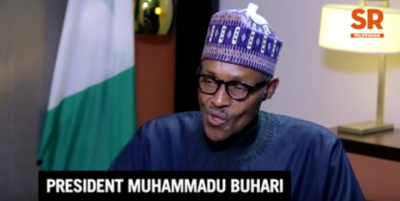
NIGERIA plans to create a $25 billion fund with public and private financing to modernise infrastructure and avoid a recession.
Copying Venezuela’s exchange rate policy and China’s failed equity market strategy might seem the height of foolishness.
But, at least in the opinion of John Ashbourne, Africa economist at Capital Economics, that is precisely what Nigeria, the continent’s largest economy, has just done. “Low oil prices are battering Nigeria’s export-dependent economy, but it is the government’s market-distorting response that risks pushing the country into a Venezuela-style crisis. Nigeria is sliding towards a Venezuela-style FX regime and adopting a Chinese-style stock market circuit breaker. Neither will reassure foreign investors, many of whom seem to be eyeing the exits.”
Both measures were announced after markets closed on Friday, January 15. The circuit breaker on the Nigerian stock exchange, one of the worst performing in the world this year, with a fall of 17.7 per cent, will pause trading for 30 minutes if stock prices fall five per cent. Trading will cease for the day if it is triggered twice in a session, or after 1.45pm.
“The effect is akin to calling last orders at a crowded bar,” said Ashbourne. “It is hardly confidence-inspiring that Nigeria is copying a Chinese policy that is widely seen to have failed.”
He accepts that Nigeria’s circuit breaker may not be as badly designed as the Chinese version. Whereas the NSE All Share index rarely falls by five per cent a day, the Shanghai Composite did so a dozen times in 2015. The NSE’s version has not yet been called into action.Nevertheless, Ashbourne said that using a circuit breaker to shore up the market, rather than to avoid volatility, is “deeply flawed”.
However, Ashbourne argued the latest move takes Nigeria a step along the road to a Venezuela-style scenario, where the dollar now buys 913 bolívars on the black market, according to dolartoday.com, compared with an unofficial rate of 6.28/$. As the second chart shows, Nigeria’s reluctance to let the naira’s official exchange rate weaken means it has borne the brunt of the sharp fall in oil prices since the middle of 2014
END

Be the first to comment